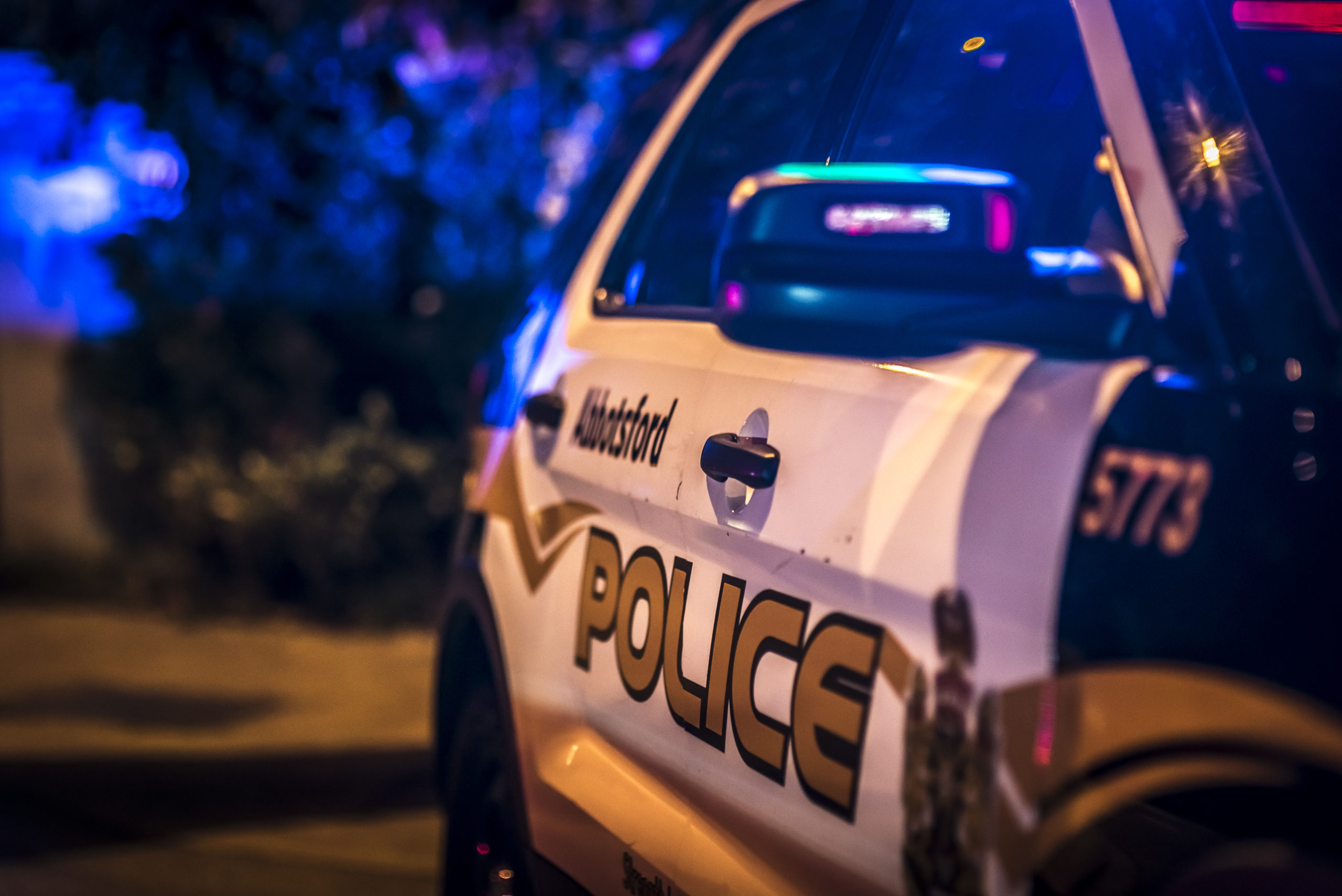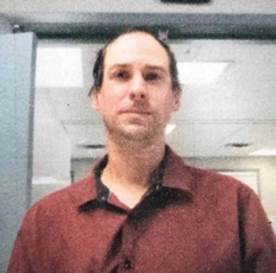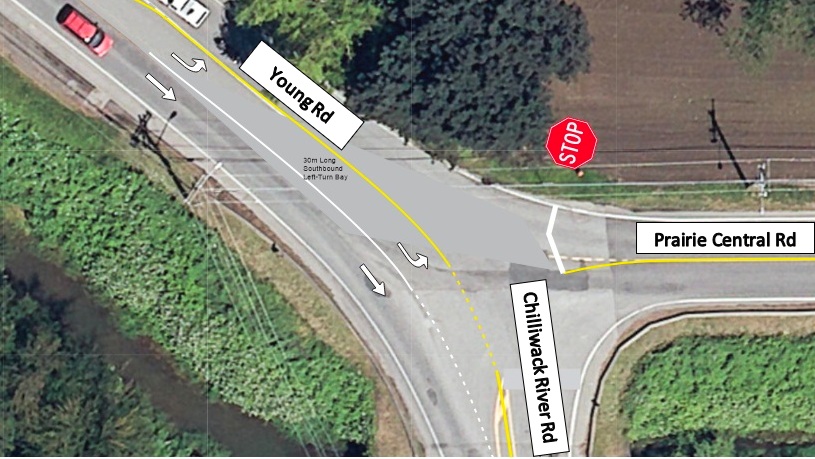Fraser Valley – As the Omicron variant surges across the country, the BC government plans to expand its inventory and distribution of rapid COVID-19 tests that can be used for self-testing by individuals experiencing symptoms of COVID-19.
BC health officials announced Dec. 21 that the province has ordered large shipments of rapid antigen test kits, with about 2.6 million expected to be distributed over the next month.
Approximately 700,000 of the kits will go to testing sites across the province for people who have symptoms of COVID-19. Starting in late December, the remaining rapid tests will go to people living or working in settings with higher risk of COVID-19 infection and transmission. These settings include long-term care facilities, health-care workers, and rural, remote, and Indigenous communities where access to health care is limited.
The rapid tests are also called point-of-care tests because they are portable, rapid, and provide results at the point of testing usually within 15 to 20 minutes. However, they are generally less accurate at detecting COVID-19 infection than standard testing.
BC Provincial Health Officer Dr. Bonnie Henry said the rapid self-tests are an added layer of protection to other testing programs. Standard COVID-19 tests detect genetic material of the virus. Trained health care providers administer them and they are usually processed in laboratories. Many First Nations communities have access to rapid tests that provide results of similar quality to lab-based tests for people with COVID-19 symptoms. These include GenX, IDNow and other testing platforms.
“Rapid tests are red lights not green lights – green doesn’t mean you are exempt from restrictions,” said Dr. Henry. “We use them to manage people who have symptoms and need to know what they’re dealing with to manage their medical condition. The tests need to be used strategically and that’s what we’re doing.”
Dr. Henry said many people without symptoms want to use rapid tests to allow them to socialize but in other places, such as the UK, that use hasn’t stopped the surge of COVID-19 cases. That’s because a negative result does not guarantee an individual cannot spread the virus to other people. Someone who was exposed to COVID-19 less than three days before their test may not yet have enough of the virus in their system for the test to detect.
Health officials say rapid testing is only one tool to combat the newest pandemic wave, and that health recommendations should still be followed. These include getting vaccinated, wearing medical masks, and staying home when ill as other winter respiratory viruses, such influenza, can also cause severe illness. These recommendations, in addition to the newest public health measures, can help slow the spread of the virus and preserve hospital capacity.
The FNHA is working with provincial and community partners to implement the new rapid test program in First Nations communities and will provide further information as it becomes available.
For more information, see the BC Centre for Disease Control’s web page on rapid antigen testing.






